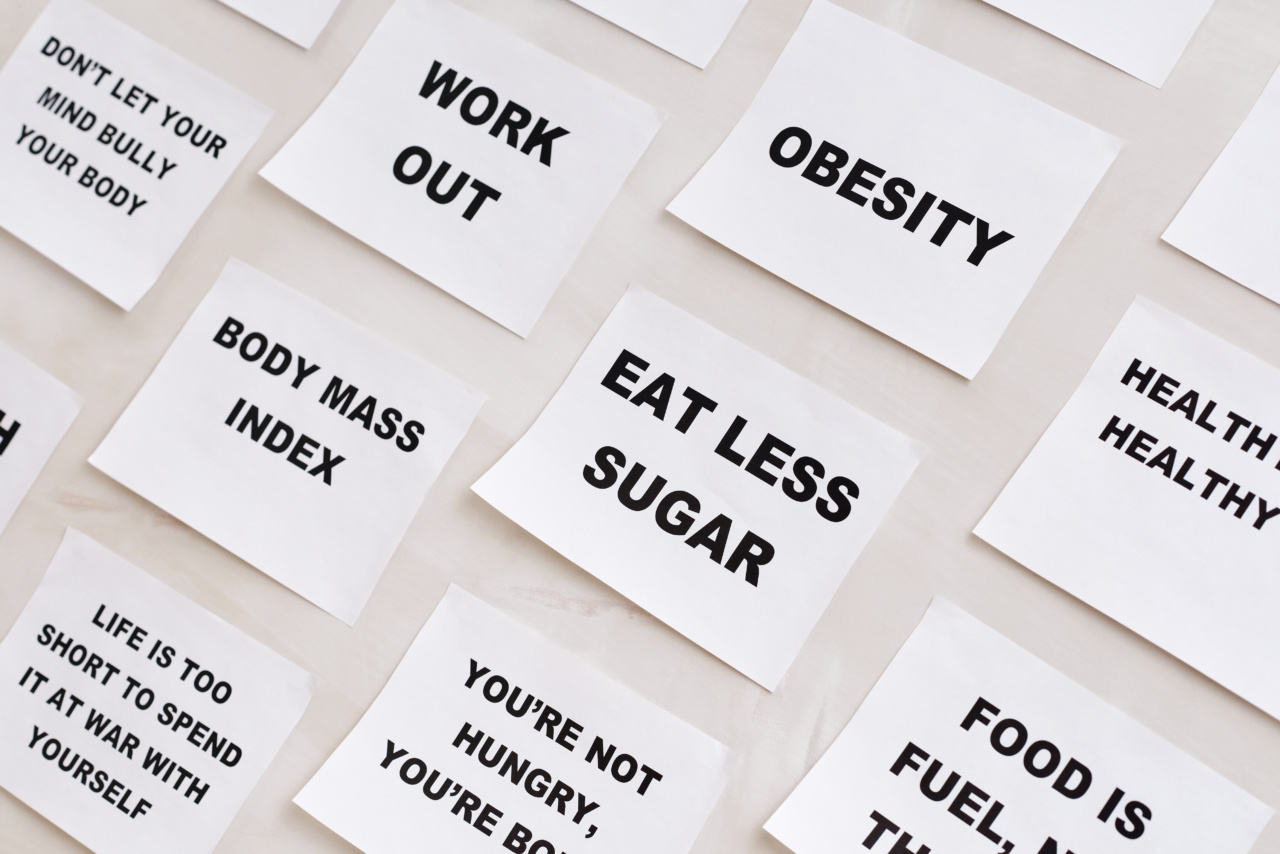Many factors contribute to the occurrence and severity of sunburn, including ultraviolet (UV) radiation exposure, skin type, and time spent outdoors.
However, emerging research suggests that our eating habits may also play a significant role in how our skin reacts to the sun. This article explores the impact of different eating habits on sunburn incidence and provides valuable insights for better sun protection.
1. The Importance of Antioxidants
Antioxidants are compounds that protect our cells from damage caused by harmful molecules called free radicals. They help neutralize these free radicals and prevent oxidative stress, which can contribute to skin damage and sunburn.
Consuming a diet rich in antioxidants can boost our natural defense mechanisms against UV radiation.
2. Vitamin C and Sunburn
Vitamin C is a potent antioxidant that plays a crucial role in collagen synthesis, skin health, and immune function. Studies have shown that increasing vitamin C intake can reduce the severity and duration of sunburn.
Citrus fruits, strawberries, bell peppers, and leafy greens are excellent sources of vitamin C.
3. Beta-Carotene and Sun Protection
Beta-carotene, a precursor to vitamin A, acts as a natural sun protectant and can reduce sunburn incidence and severity.
Foods rich in beta-carotene, such as carrots, sweet potatoes, spinach, and mangoes, can provide an extra layer of defense against harmful UV rays.
4. Omega-3 Fatty Acids and Inflammation
Omega-3 fatty acids have anti-inflammatory properties that can help reduce the inflammatory response caused by sunburn.
Including foods rich in omega-3s, such as fatty fish (salmon, mackerel), chia seeds, and walnuts, in our diet may alleviate skin inflammation and accelerate sunburn healing.
5. Green Tea and Sunburn Protection
Green tea contains polyphenols, potent antioxidants that can help protect the skin from UV-induced damage.
Research suggests that topical application of green tea extracts or regular consumption of green tea may reduce the risk of sunburn and skin cancer. Incorporating green tea into your diet can complement other sun protection measures.
6. Hydration and Sunburn
Staying hydrated is essential for overall health and can be particularly beneficial in preventing sunburn. Adequate hydration helps maintain the skin’s natural moisture barrier and can enhance its resilience to UV damage.
Be sure to drink plenty of water and incorporate hydrating foods like watermelon, cucumbers, and oranges into your diet.
7. The Mediterranean Diet and Sunburn
The Mediterranean diet, rich in fruits, vegetables, whole grains, lean proteins, and healthy fats like olive oil, has been associated with numerous health benefits, including improved skin health.
The abundance of antioxidants and anti-inflammatory compounds in this diet may offer a certain level of natural sun protection and reduce the risk of sunburn.
8. Foods to Limit
While some foods can enhance sun protection, others may increase sun sensitivity and the risk of sunburn.
Foods high in refined carbohydrates, unhealthy fats, and excessive sugar can promote inflammation and oxidative stress, making the skin more susceptible to UV damage. Limiting processed snacks, sugary beverages, and fried foods is crucial for overall skin health.
9. The Role of Supplements
Although it’s always best to obtain nutrients from whole foods, supplements can be used to complement a healthy diet and provide an extra boost of sun protection.
Supplements like vitamin C, vitamin E, beta-carotene, and omega-3 fatty acids are commonly used for their antioxidant and anti-inflammatory properties.
10. Conclusion
While eating habits alone cannot replace traditional sun protection measures like sunscreen and avoiding excessive sun exposure, they can undoubtedly contribute to overall skin health and resilience against sunburn.
Emphasizing a diet rich in antioxidants, beta-carotene, and omega-3 fatty acids, while staying hydrated, can enhance our body’s natural defense mechanisms and reduce the risk of sunburn.































